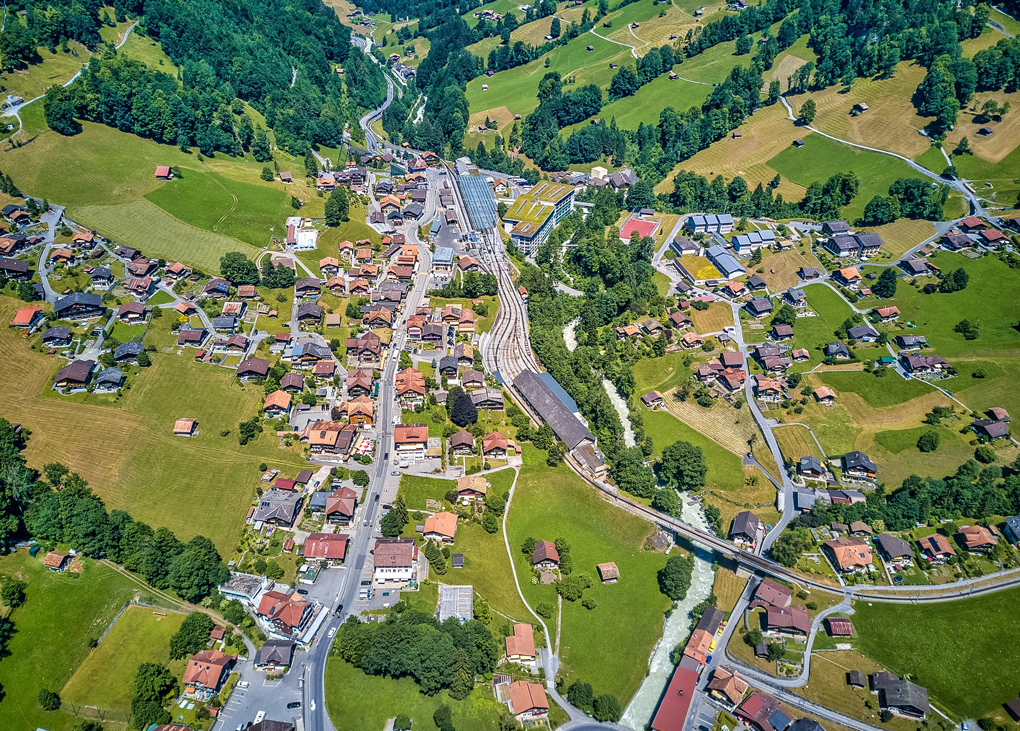A research team at the University of Geneva (UNIGE) has developed a super-model to project how three green technologies will perform in Switzerland.
As many countries aim for carbon neutrality by 2050 – including Switzerland – the need for projection tools is ever increasing, although many models have limitations. According to UNIGE, they can take little or no account of uncertainty and therefore lead to overconfidence. Their spatial resolution is also too low to support decision-making at a local level.
The UNIGE team developed a “probabilistic” model to address these issues. The model forecasts a set of probabilities associated with a wide range of possible future outcomes, instead of focusing on one particular outcome.
PhD student in the Renewable Energy Systems Group at the UNIGE’s Institute of Environmental Sciences (ISE) Nik Zielonka says the model has been designed to generate projections for the municipal-scale distribution of three specific energy technologies: photovoltaics, heat pumps and battery electric vehicles.
“It is fed by the data available for each municipality and combines 12 existing models, while at the same time testing them,” he explains.
The researchers chose to test their model in the 2,148 municipalities of Switzerland because local data was easily accessible and accurate. Using a super-computer and data from 2000–2021, they were able to measure the gap between the projected reality and the local energy objectives.
Unfortunately, the 2050 goals fell a bit short.
Evelina Trutnevyte, who led the research and is head of the Renewable Energy Systems Group at ISE and associate professor in the Section of Earth and Environmental Sciences at the UNIGE’s Faculty of Science, says it seems highly unlikely that Switzerland will achieve zero net carbon emissions by 2050 without further changes in policy.
“Switzerland will have to step up its efforts,” she says.
The team is hoping to expand their research into other European countries, and add more energy technologies to the model. The research is available to read here.



Leave a Reply